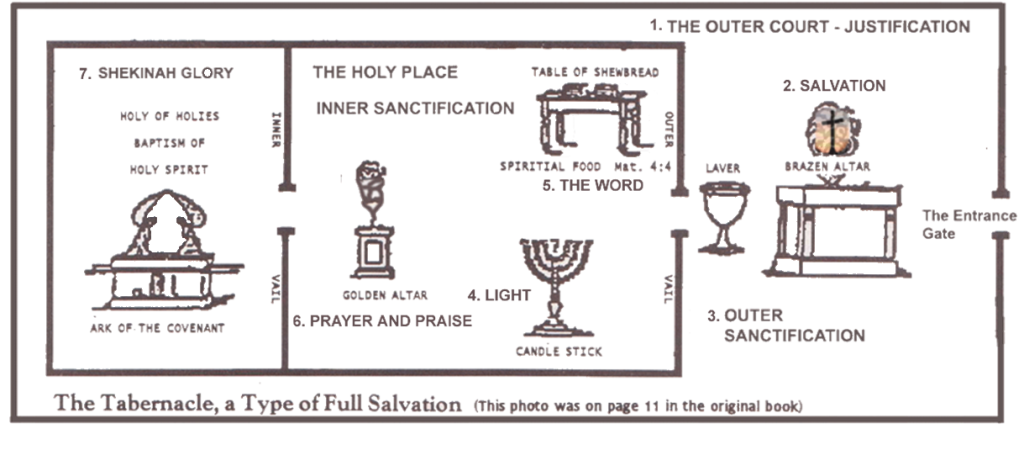-Is there a difference between Justification and Sanctification?
-Does one come before the other or is it simultaneous?
-Who is responsible for Justification? (God/Man/Both?)
-Who is responsible for Sanctification? (God/Man/Both?)
RCC perspective: CCC
1989 The first work of the grace of the Holy Spirit is conversion, effecting justification in accordance with Jesus' proclamation at the beginning of the Gospel: "Repent, for the kingdom of heaven is at hand."38 Moved by grace, man turns toward God and away from sin, thus accepting forgiveness and righteousness from on high. "Justification is not only the remission of sins, but also the sanctification and renewal of the interior man.39
1990 Justification detaches man from sin which contradicts the love of God, and purifies his heart of sin. Justification follows upon God's merciful initiative of offering forgiveness. It reconciles man with God. It frees from the enslavement to sin, and it heals.
1991 Justification is at the same time the acceptance of God's righteousness through faith in Jesus Christ. Righteousness (or "justice") here means the rectitude of divine love. With justification, faith, hope, and charity are poured into our hearts, and obedience to the divine will is granted us.
1992 Justification has been merited for us by the Passion of Christ who offered himself on the cross as a living victim, holy and pleasing to God, and whose blood has become the instrument of atonement for the sins of all men. Justification is conferred in Baptism, the sacrament of faith. It conforms us to the righteousness of God, who makes us inwardly just by the power of his mercy. Its purpose is the glory of God and of Christ, and the gift of eternal life:40
But now the righteousness of God has been manifested apart from law, although the law and the prophets bear witness to it, the righteousness of God through faith in Jesus Christ for all who believe. For there is no distinction: since all have sinned and fall short of the glory of God, they are justified by his grace as a gift, through the redemption which is in Christ Jesus, whom God put forward as an expiation by his blood, to be received by faith. This was to show God's righteousness, because in his divine forbearance he had passed over former sins; it was to prove at the present time that he himself is righteous and that he justifies him who has faith in Jesus.41
1993 Justification establishes cooperation between God's grace and man's freedom. On man's part it is expressed by the assent of faith to the Word of God, which invites him to conversion, and in the cooperation of charity with the prompting of the Holy Spirit who precedes and preserves his assent:
When God touches man's heart through the illumination of the Holy Spirit, man himself is not inactive while receiving that inspiration, since he could reject it; and yet, without God's grace, he cannot by his own free will move himself toward justice in God's sight.42
1994 Justification is the most excellent work of God's love made manifest in Christ Jesus and granted by the Holy Spirit. It is the opinion of St. Augustine that "the justification of the wicked is a greater work than the creation of heaven and earth," because "heaven and earth will pass away but the salvation and justification of the elect . . . will not pass away."43 He holds also that the justification of sinners surpasses the creation of the angels in justice, in that it bears witness to a greater mercy.
1995 The Holy Spirit is the master of the interior life. By giving birth to the "inner man,"44 justification entails the sanctification of his whole being:
Just as you once yielded your members to impurity and to greater and greater iniquity, so now yield your members to righteousness for sanctification. . . . But now that you have been set free from sin and have become slaves of God, the return you get is sanctification and its end, eternal life.45


